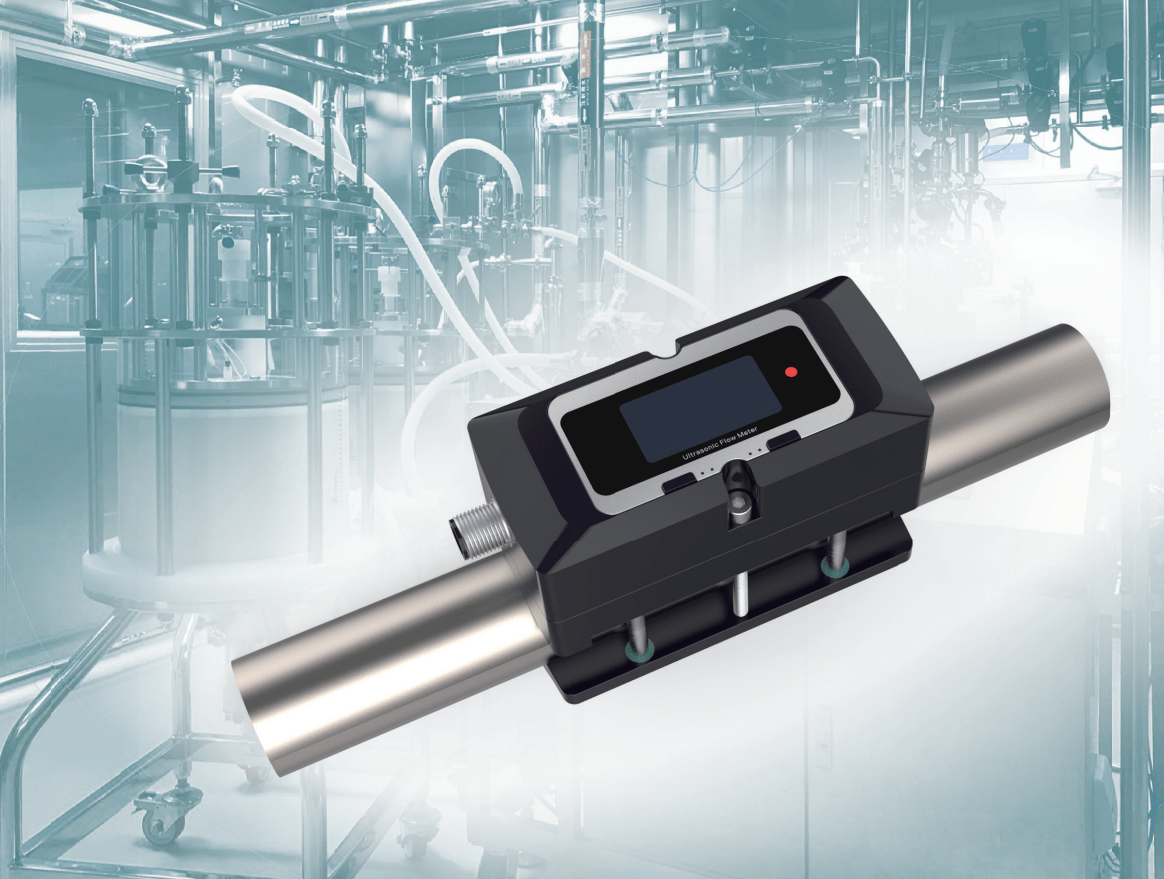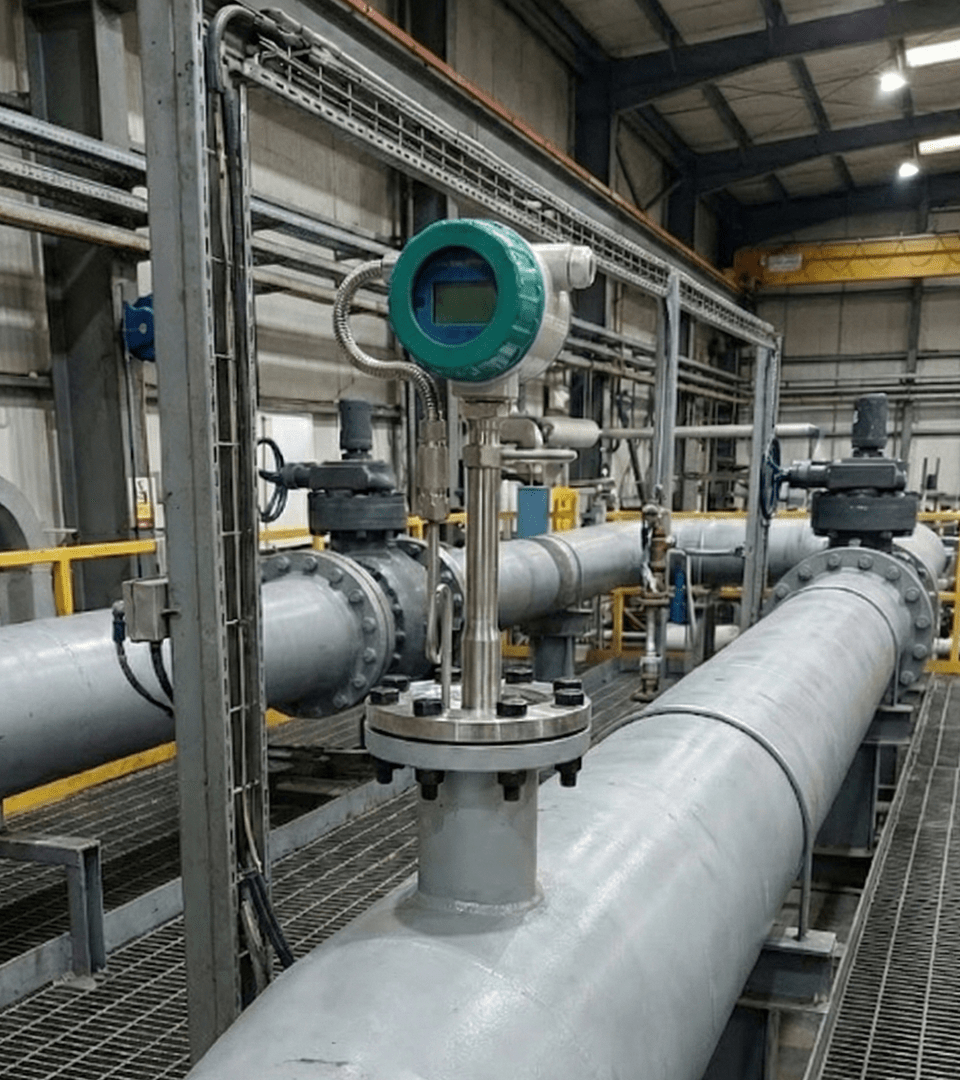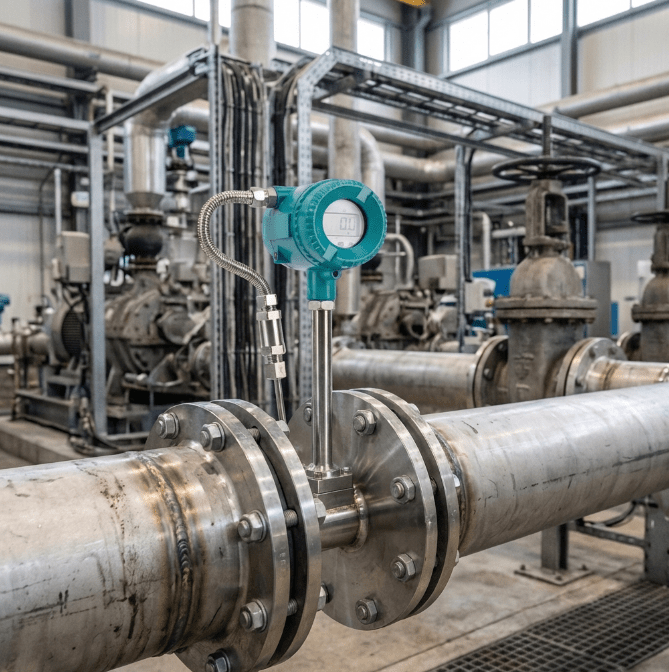Measuring sludge flow accurately can be challenging due to its varying consistency and high solid content.
For sludge applications, electromagnetic flow meters are typically the best choice due to their ability to handle high solid content, no moving parts, and maintenance-friendly design.
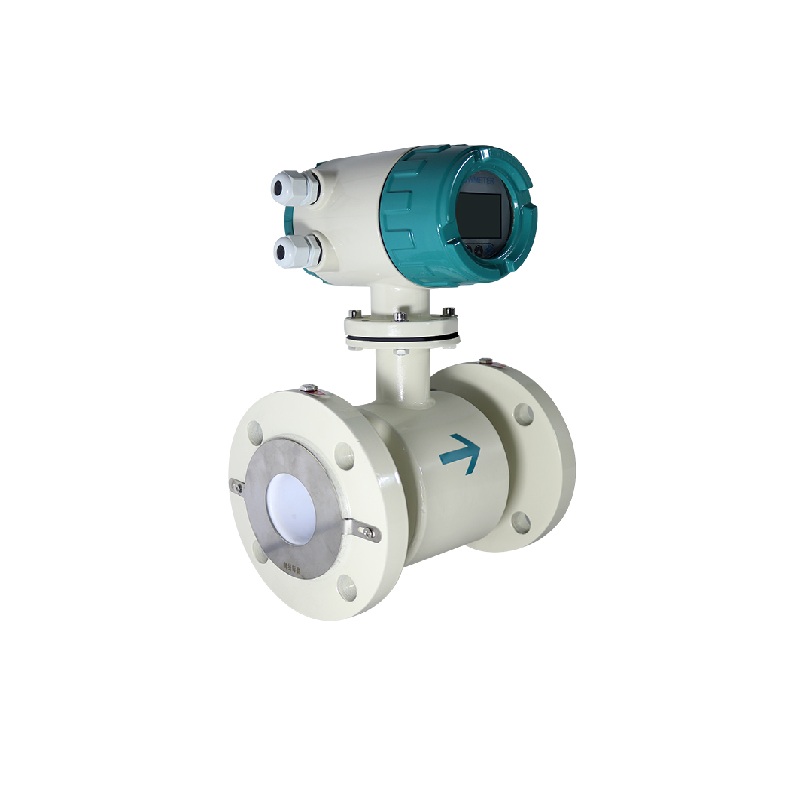
Sludge Flow Meter Application
Let me share insights from my experience in implementing flow measurement solutions for various sludge applications.
Which Type Of Flowmeter Is Most Accurate?
Accuracy requirements often drive the selection of flow measurement technology.
Coriolis flow meters generally provide the highest accuracy (±0.1%), followed by magnetic flow meters (±0.2-0.5%) and ultrasonic meters (±0.5-1%).
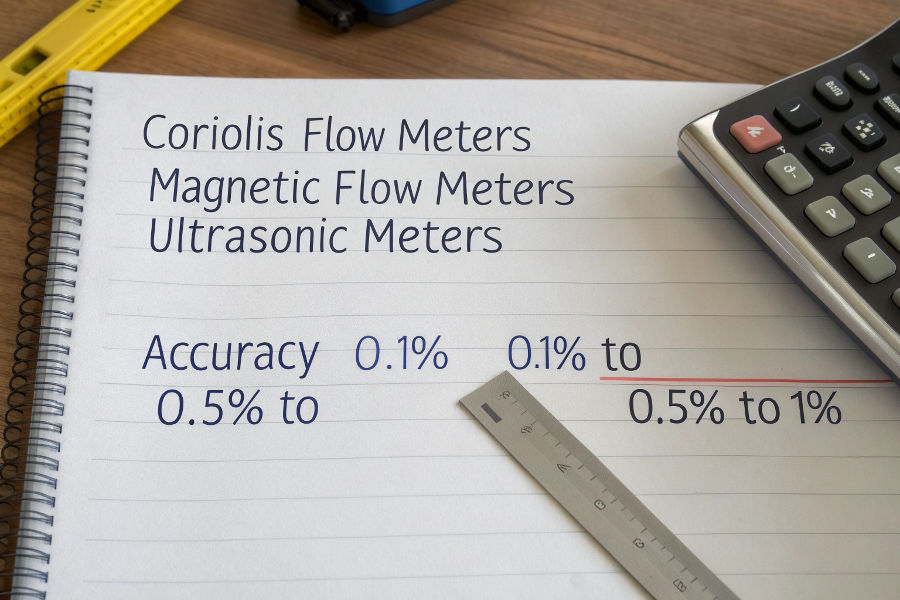
Flow Meter Accuracy Comparison
Based on my technical expertise:
Accuracy Comparison
Technology Overview
Flow Meter Type Typical Accuracy Best Applications Limitations Coriolis ±0.1% Clean liquids High cost Magnetic ±0.2-0.5% Conductive fluids Requires conductivity Ultrasonic ±0.5-1% Clean liquids Affected by bubbles Vortex ±1% Steam, gas Min flow requirement Selection Factors
- Process fluid properties
- Operating conditions
- Installation requirements
- Budget constraints
Performance Optimization
Installation Considerations
- Proper straight runs
- Grounding requirements
- Vibration isolation
- Temperature effects
Maintenance Requirements
- Regular calibration
- Cleaning procedures
- Electrode inspection
- Signal verification
What Is Q1 Q2 Q3 Q4 Flow Meter?
Flow meter accuracy classes can be confusing for many users.
Q ratings (Q1, Q2, Q3, Q4) represent the flow range characteristics of a meter, where Q1 is minimum flow, Q2 is transitional flow, Q3 is nominal flow, and Q4 is overload flow.
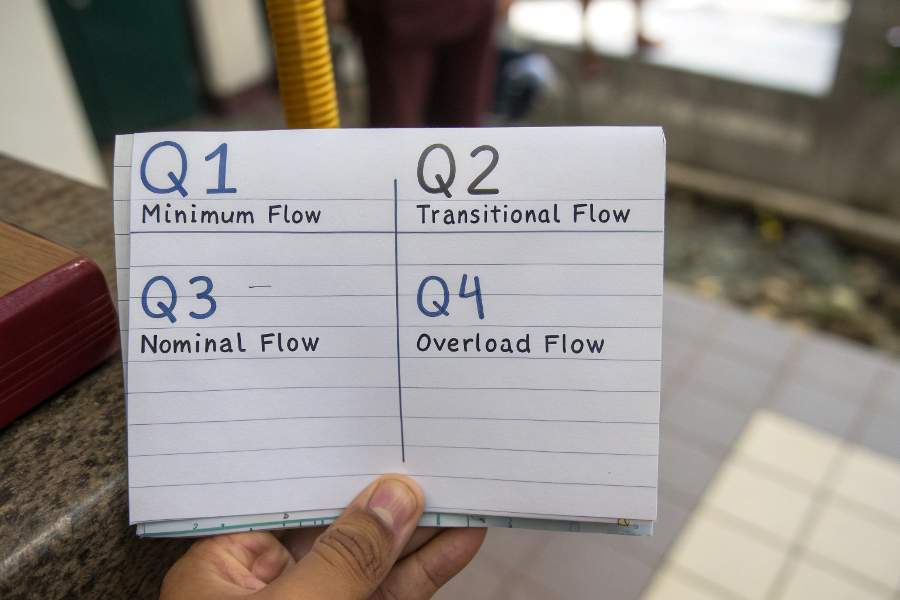
Flow Meter Q Ratings Explained
From my measurement experience:
Q Rating System
Flow Range Definitions
Rating Description Typical Range Application Q1 Minimum Flow1 1-2% of Q3 Low flow accuracy Q2 Transition Flow 1.6 x Q1 Accuracy change point Q3 Nominal Flow2 Design flow Normal operation Q4 Maximum Flow 1.25 x Q3 Peak conditions Performance Implications
- Measurement accuracy
- Operating range
- Pressure loss
- Energy consumption
Application Guidelines
Selection Criteria
- Flow profile analysis
- System requirements
- Operating conditions
- Accuracy needs
Installation Requirements
- Proper sizing
- Flow conditioning
- Pressure considerations
- Maintenance access
What Is The Flowmeter For Effluent?
Effluent flow measurement requires special consideration due to varying fluid properties.
For effluent applications, magnetic flow meters and ultrasonic flow meters are most commonly used due to their non-intrusive nature and ability to handle varying fluid compositions.
Drawing from my installation experience:
Effluent Meter Selection
Technology Comparison
Meter Type Advantages Challenges Best For Magnetic No moving parts Requires conductivity Mixed effluent Ultrasonic Non-contact Affected by bubbles Clean effluent Area-Velocity Works in partial pipes Regular maintenance Variable flows Open Channel Simple operation Requires free discharge Treatment plants Application Factors
- Flow characteristics
- Solid content
- Chemical composition
- Installation location
Implementation Strategy
System Design
- Flow range analysis
- Material compatibility
- Power requirements
- Data collection needs
Operational Considerations
- Maintenance schedule
- Cleaning requirements
- Calibration intervals
- Performance monitoring
How Do You Measure Wastewater Flow?
Wastewater flow measurement presents unique challenges requiring specialized solutions.
Wastewater flow is typically measured using a combination of level and velocity measurements, with magnetic flow meters for full pipes and area-velocity meters for partially filled pipes.
Based on my field experience:
Measurement Techniques
Method Selection
Method Application Benefits Limitations Area-Velocity Partial pipes No restrictions Regular cleaning Magnetic Full pipes High accuracy Installation cost Open Channel Treatment plants Simple operation Space requirements Doppler High solids Non-invasive Limited accuracy Installation Requirements
- Access points
- Straight runs
- Power supply
- Signal transmission
System Integration
Data Management
- Recording methods
- Analysis tools
- Reporting systems
- Alarm protocols
Maintenance Program
- Inspection schedules
- Cleaning procedures
- Calibration plans
- Troubleshooting guides
Conclusion
The best flow meter for sludge applications depends on specific requirements, but electromagnetic flow meters generally offer the optimal combination of accuracy, reliability, and maintenance efficiency for most sludge applications.

